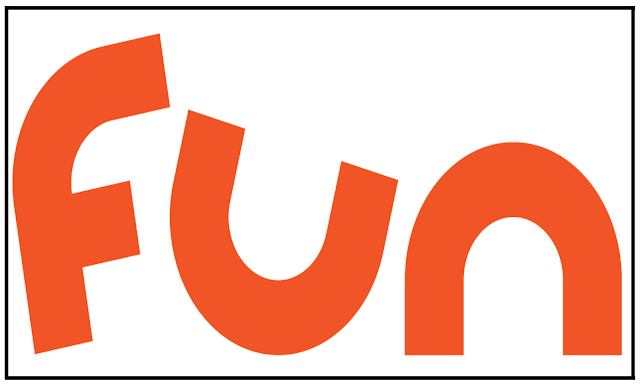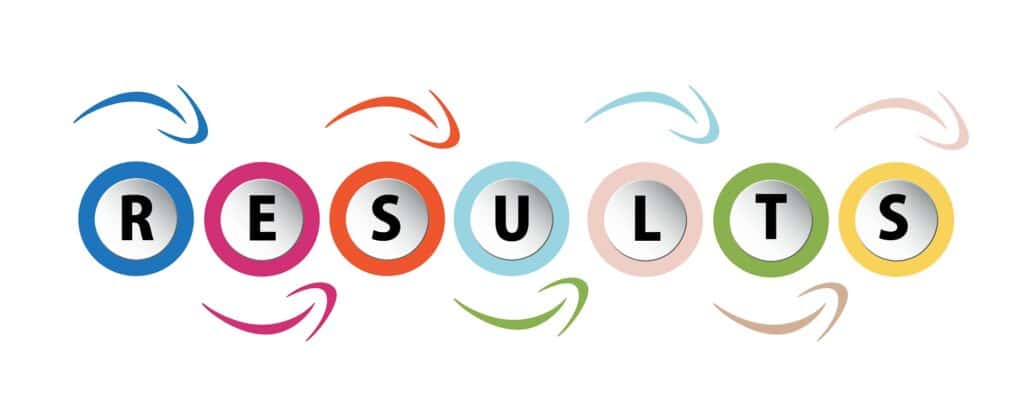The Covid-19 situation has forced us to change our routines very substantially. We have taken a fairly aggressive stance, and while school is almost certainly not going to close, we have had to cancel or adjust much of our holistic learning programme. I have no doubt it has been the right thing to do; but I didn’t come into education to remove opportunities from children; and as a parent I am acutely aware of the loss.
However, the outcomes here may be different to what we expect. And this would not be surprising; the world is full of examples where we mis-predict the consequences of actions. Really striking examples come from healthcare:
- You might think that showing smokers graphic images of the effects of smoking would decrease smokers’ desire for a cigarette and motivate them to quit. In fact, studies show that the images often have the opposite effect! It turns out that the pictures create fear; and what better way to calm down than to smoke a cigarette? So the images did not inspire behaviour change, but just motivated desire to escape feeling bad.
- Abstinence-only sex education has been shown to increase teenage pregnancy rates, rather than reduce them, when compared to either comprehensive sex education or no sex education at all.
So what has been the consequence of cancelling sports, activities, trips and service sessions?
One can make all sorts of guesses. Will students:
- be resentful for the intrusion to routine?
- be grateful and appreciate the care being shown for them?
- have panic attacks about all the adjustments?
- have so much more time on their hands that they will be far
less stressed than before? - be missing out big-time on the lost opportunities and after
getting used to doing far less, never really get back into things when they
re-start? - be missing out big-time on the lost opportunities and so throw
themselves into things with more enthusiasm than ever, when they re-start? - see themselves as victims to a global phenomenon beyond
their control; and so suffer a setback for their sense of agency and autonomy? - see that we can overcome difficulties by collective action
and so learn a great deal about agency and autonomy?
Of course, put like this, we can see that the narrative we share with students is critical; the effects of the disruption will follow from how they perceive it; and this will be shaped by how we communicate to them. That is, there is no determined outcome here – we can make the best or the worse of this; we will get through it, step by step. This is an excellent life lesson.
So we have been going out of our way to explain thinking behind decisions (not so easy when we are avoiding gatherings over 100), and our students have been spectacularly mature and calm, despite some understandable worries.
For us, as educators who have the scope of many years to consider, there is a further thing to consider; being jolted out of our routines. Looking to China, Hong Kong and Japan, we are actively planning for long-term school closure, despite there being no sign whatsoever of it happening here in Singapore (this article is reassuring). So we have been developing new tools, pedagogies and approaches. Who knows where that will lead? We have also changed how we manage student course selections in new ways; feedback so far is that what we have started is actually not just a get-by solution, but actually an improvement!
These and other changes are playing out as we speak. In some cases, while we have always thought things through carefully, we’ve realised that some things that appeared so natural and necessary are just choices among many options. In other cases, they are just habits that evolved over time, and that Franz Kafka gently mocks in his Parables:
Leopards break into the temple and drink the sacrificial chalices dry. This happens again and again, repeatedly. Finally it can be counted on beforehand and becomes part of the ceremony.
Being forced to reconsider our own practices is no bad thing.
References
- Kafka, F. (AAA) Parables and Paradoxes
- Kohler, P.; Manhart, L. and Lafferty, W (2008) Abstinence-Only and Comprehensive Sex Education and the Initiation of Sexual Activity and Teen Pregnancy Journal of Adolescent Health
- McGonigal, K. (2015) The Upside of Stress: Why Stress Is Good for You Avery Books.
- Zhao, Y. (2018)What works may hurt! Teacher’s College Press



1 Response
Covid-19 indeed causes panic attacks to many. A lot of things change but believing this is almost over.
Christian Counseling Services